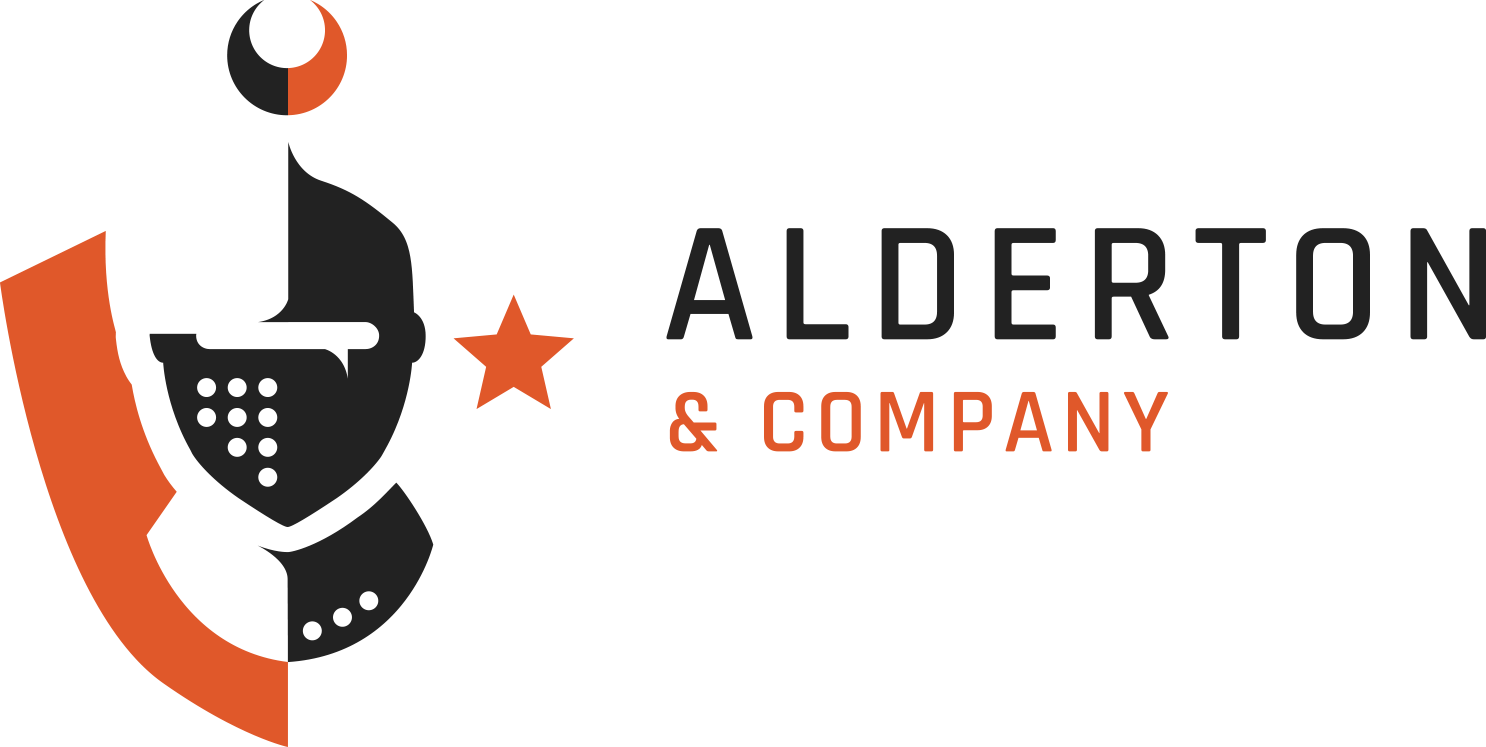
Don’t Let Your Business Go Backwards From Complacency and Attrition
November 28, 2019
Are Your Payroll Obligations Growing? Don’t Forget To Plan For Payroll Tax!
November 28, 2019Is Your Accounting Team Keeping On Top Of Liabilities and Reporting Correctly To the ATO?


The Goods and Services Tax Act 1999 came into effect in 2000 requiring all businesses with a turnover in excess of $75,000 to register for GST compliance.
Depending on turnover businesses are required to lodge Business Activity Statements either monthly or quarterly which detail the amounts of GST collected through their sales and the amount of GST paid through their purchases with the net amount being payable to The Australian Taxation Office.
In addition, businesses are required to lodge Instalment Activity Statements either monthly or quarterly which detail the amounts of PAYG Tax deducted from employees’ wages which are payable to The Australian Taxation Office.
In order to comply with the reporting obligations, all businesses must register for an Australian Business Number.
When registering a business must elect as to whether they report on a cash basis if their turnover is less than $2 million or an accruals basis. Where turnover is greater than $2 million accruals reporting is compulsory however where it is under $2 million this is optional.
In addition to GST and PAYG, there are also reporting requirements for Fringe Benefits Tax, Wine Equalisation Tax, and Fuel Tax where an entity is exposed to these liabilities. Management must check or seek advice as to whether they must report on these issues.
GST is currently levied at 10% of all dutiable transactions. In this sense, the act is somewhat complicated as certain goods and services are exempt from GST such as fresh food and health services.
All business managers must ensure that their administration and accounting systems are recording correctly all income and expense transactions.
In addition to the reporting requirements there also strict rules as to the production of Tax Invoices which specify what information they must contain. There is no particular standard for the layout of an invoice rather the information it must contain. Listed below are the current requirements of the information that must be included on a tax invoice:
- Company Name
- Company ABN
- Date of Issue
- The Words “Tax Invoice”
- Customer Name and Address
- Brief Description of each item supplied and the quantity
- Sub Total
- The Amount of GST
- The Total Amount payable
All accounting systems such as Xero and MYOB have templates in place that meet the standards required under the Act.
When lodging your BAS you can not claim a deduction for a GST amount unless you are in possession of a valid tax invoice.
Fortunately today accounting systems such as Xero are automated to the extent that they receive email PDF copies of invoices copies of which are retained in the accounting software satisfying ATO record keeping requirements.
From an accounting and reporting perspective, it is important to remember that GST is neither income nor expense as it is not your money and as such is ignored in all financial reports such as Profit and Loss and Balance Sheets (other than as an amount owed to the ATO). It is obviously included however in amounts owed by debtors or creditors.
In conclusion, it must be remembered that significant penalties apply for failure to lodge BAS and IAS, for misreporting and or deliberately understating or overstating GST amounts owed. It is therefore incumbent on management to ensure that all transactions are accurately reported and amounts owing are remitted to The ATO as per their reporting schedule.



